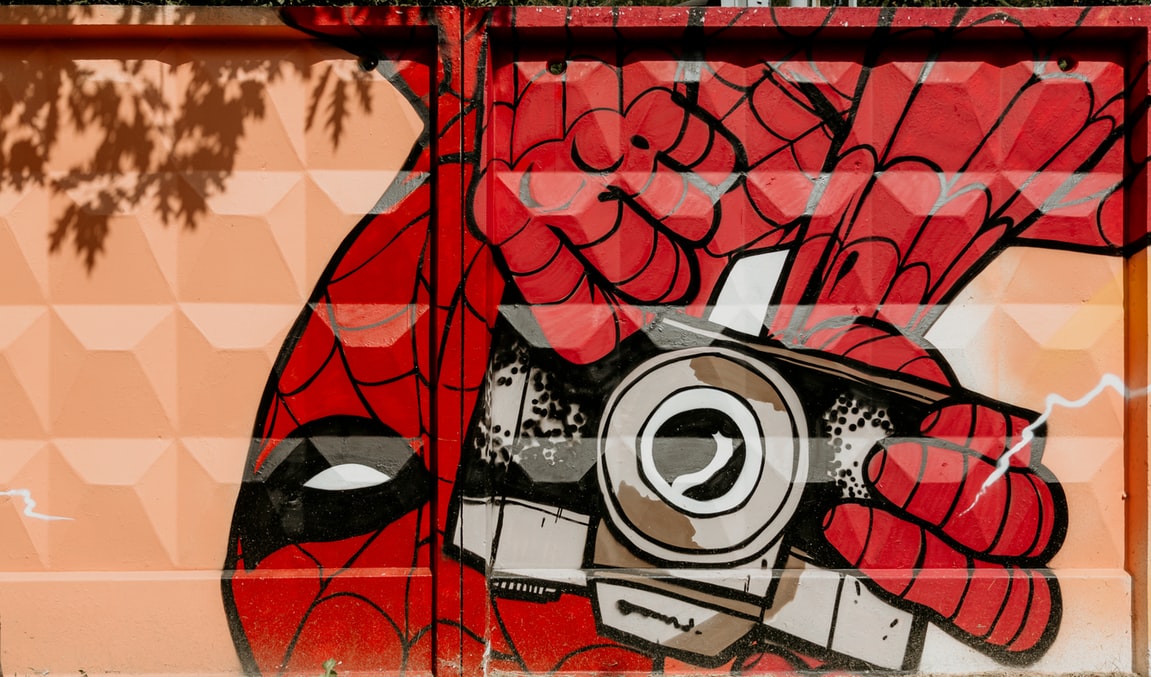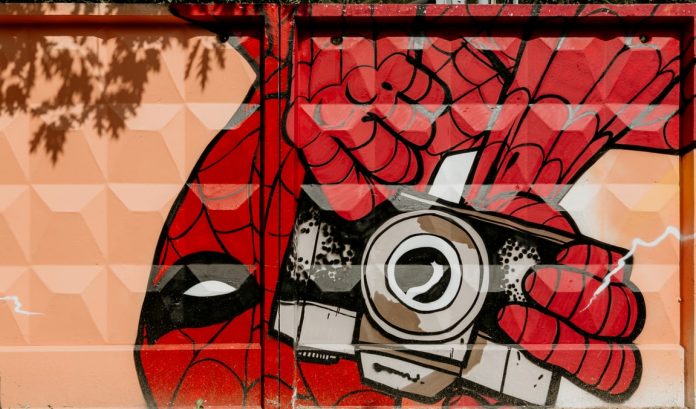Underage gambling remains a problem in the United Kingdom. It’s clear that the amount of gambling related advertising is attracting the interests of youngsters. Another area of concern is the use of characters that are of great appeal to underage gamblers. This is something that the United Kingdom Gambling Commission (UKGC) is keen to act against.
If you look at slot games for example, there are many games that involve characters that will grab the interest of children. Slot games use a variety of themes, such as popular movies and television shows, Greek and Roman mythology and fairy tales. There’s a slot game based on the Teddy Bear’s Picnic. The makers may say that the games are to be played by those aged 18+ but clearly this is a topic that is more suitable for children.
The UK Gambling Commission aren’t the only ones to be worried about the use of images that appeal to children. In 2017, a letter was sent out to over 450 regulators ordering them to immediately remove “unacceptable” advertisements. The letter was also signed by the Advertising Standards Authority, the Committee of Advertising Practice and the Remote Gambling Association.
The move came after games such as ‘Fluffy Favourites,’ ‘Piggy Payout,’ ‘Jack and the Beanstalk’ and ‘Pirate Princess’ were used. The presence of these colourful cartoon characters had caused concerns that it could raise the interest of those not yet old enough to gamble. The letter stated that the use “of particular colours, cartoons and comic book images” could “enhance appeal to under-18s.”
Even one of the most popular titles, Gonzo’s Quest, uses characters that may appeal to minors who have been looking for games online.
The letter asked the operators to “immediately amend or remove any freely accessible ads” on their websites or other media. Sanctions were threatened if this wasn’t carried out, but the problem doesn’t seem to be going away.
It’s not just a worry about those who may lie about their age and join sites they shouldn’t be members of. The letter refereed to advertisements for games that could be played for free. Those going down that route wouldn’t be totally classed as underage gamblers but their interest in gambling would be increased leading to them taking it up when old enough to do so.
Recent years have also seen the number of movies based on superheroes increase with massive box office takings. This has been accompanied by a growing number of slot games that use characters such as ‘Iron Man,’ ‘Spiderman’ and ‘Batman’ be produced. Again, the young fans of these superheroes will become interested in playing the games, even if not legally old enough to do so.
Games that feature magic lamps and golden eggs for example fit in well with gambling. They are perfect to use as triggers for bonus games that can bring lucrative winnings. Using such characters may perhaps look strange for games played by adults. However, they are characters that are familiar to adults and bring back memories of their childhood. Who’d have thought when singing the Teddy Bear’s picnic song as a child, it could possibly win you lots of money when playing as an adult.
The number of children who have been classed as having a gambling problem has quadrupled in recent years. More than 50,000 cases have been reported. Last year, the UK Gambling Commission reported that the number of children aged between 11 and 16 who are regularly betting online was around the 450,000 mark. That was a number higher than those who were in the age group and drinking alcohol, smoking or taking illegal drugs.
It is one of the UK Gambling Commission’s main strategic objectives to protect the interests of vulnerable gamblers. That includes those who are underaged and potentially being enticed into a world that they don’t fully understand.
Measures forbidding operators and game developers from using childish images has been a major part of this. The slot game industry has made massive strides in recent years using these criticised characters has played a big part in that.
The games have made tremendous progress in how they look with second-screen bonus games, virtual reality and introductions that wouldn’t look out of place in a cartoon film. Such a package makes the games something that people want to play, regardless of whether they are actually legally old enough to do so.

As well as child-friendly images being used, slot games with sporting links are also being produced. A young Liverpool or Celtic fan may well want to play the slot games that are dedicated to those clubs. There is a problem for slot companies because there are lots of subjects that legitimately are aimed at adults but also attract younger people. What do you do regarding something like Star Wars or The Simpsons?
The use of smartphones is also a problem in this day and age. A decade or so ago, you didn’t really imagine seven-year-old children having their own phones, but that’s what is happening now. It’s the same with iPads and this means the supervision of children and how they use those mobile devices isn’t an easy task for parents.
There’s plenty of advertising available that can tempt the youngster into becoming a gambler, especially if containing images that will be of interest to them. The UK Gambling Commission has already worked with the Committee of Advertising Practices Code re apps and online games, many of which are free to play. Those games can’t now be marketed towards those under the age of 18.
Then there’s the slot machines that are to be found in pubs, clubs and amusement arcades. Becoming a member of an online gambling site does now need age verification, so that’s made it harder to achieve. Research has shown that nearly 90% of pubs fail to prevent those underage using their slot machines.
This isn’t a problem that is going to just go away. Gambling is continuing to grow in popularity in the UK. Whether it is advertisements or free games, then the chances of underage gambling are present. Using child-friendly images continues, if not so many fairy tale themed games are being seen, there are still plenty of others that will attract underage gamblers. It’s no wonder therefore, that the UK Gambling Commission are keeping such a close eye on all of this.





